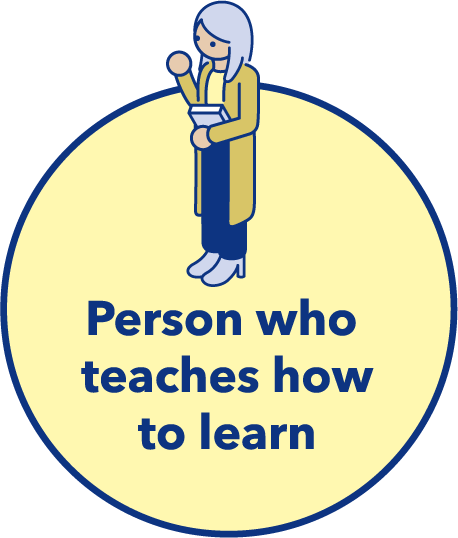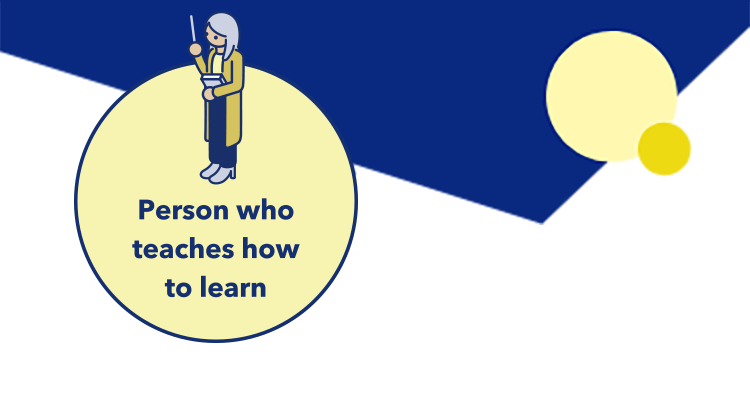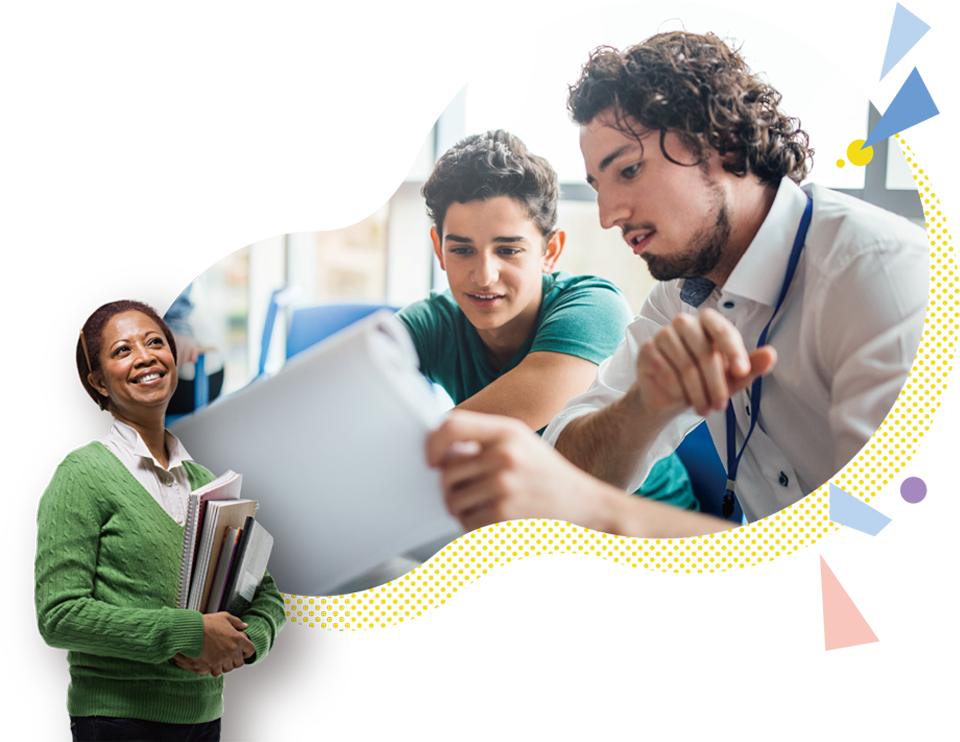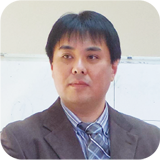Personal Menu
Personal Menu
Added to Favorites
Activities
Person who teaches how to learn
We incorporate educators’ opinions and collaborate with them, engaging in activities that educators will find useful.


Classroom support policies
We endeavor to solve classroom issues while adhering to the direction of national policy.
Goal-setting and activity plan
We design optimal educational programs by working together with educational institutions to consider what goals we would like to achieve regarding the kinds of skills to impart to students.
Comprehensive solutions
We engage in comprehensive initiatives across a practical flow consisting of four parts.

Provision of teaching materials
Teachers can teach according to the teaching materials to have their class adhere to the curriculum, allowing their students to attain basic mathematical skills.

Teacher training
We conduct training that allows teachers to grant their students the skills defined by set goals.

Implementation in the classroom
Classes are conducted through the use of tools.

Effectiveness assessment
The benefits of the program are verified, leading to improvements aimed at achieving even better classes.

Support for various academic activities
We support the academic activities of educators through the promotion of industry-academia collaborative projects and by participating in international academic conferences.
Beginning in 2020, we have been engaging in the “Implementation of Scientific Calculators in Mathematics Class and its Global Expansion” program with Saitama University. In 2023, we were offered an opportunity to present about this project at the 21st International Conference on the Teaching of Mathematical Modeling and Applications (ICTMA21), which was held on Awaji Island in Japan. There we provided support for a presentation entitled “Using a scientific calculator for mathematical modelling and applications in secondary school” by Mr. Barry Kissane, a teacher working with Casio.
Industry-Academia Collaborative Project
Between Saitama University and CASIO

Enabling mathematics instructors in secondary education to conduct mathematics lessons by using scientific calculators
Akio Matsuzaki,
Associate Professor at Saitama University, Japan
This project’s key characteristics are the planning and implementation of workshops for mathematics teachers in secondary education who are practitioners in math classes. A package has been prepared that includes teaching materials, instructional guidance, operating instructions for scientific calculators, and practical examples, all of which are derived from their rich diversity of ideas and implementations.
ICTMA21
(Sept. 10-15, 2023, Awaji Island, Japan)

We want to teach students how to use scientific calculators effectively to deepen their understanding of mathematics.
Barry Kissane,
Emeritus Associate Professor at Murdoch University, Australia
Scientific calculators provide most of the functionality that students need in the form of a single device, as opposed to functionality being spread across multiple different platforms. Also, they are easy for most teachers to use.
Looking from the perspective of equality in education as well, scientific calculators are inexpensive and do not require access to the internet, making them both a more realistic tool and also much less distracting than other technological devices such as PCs and tablets.
